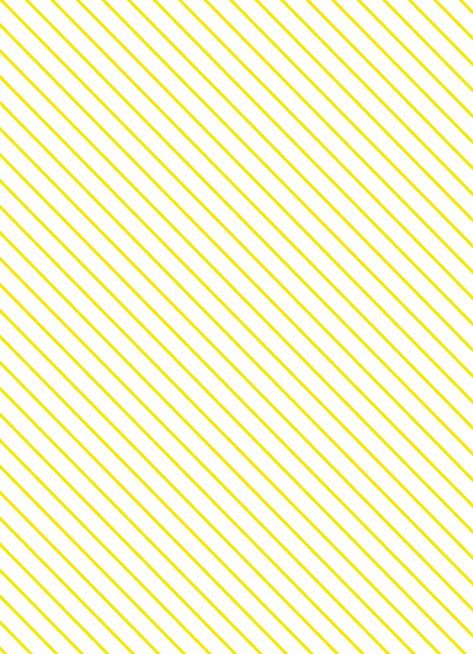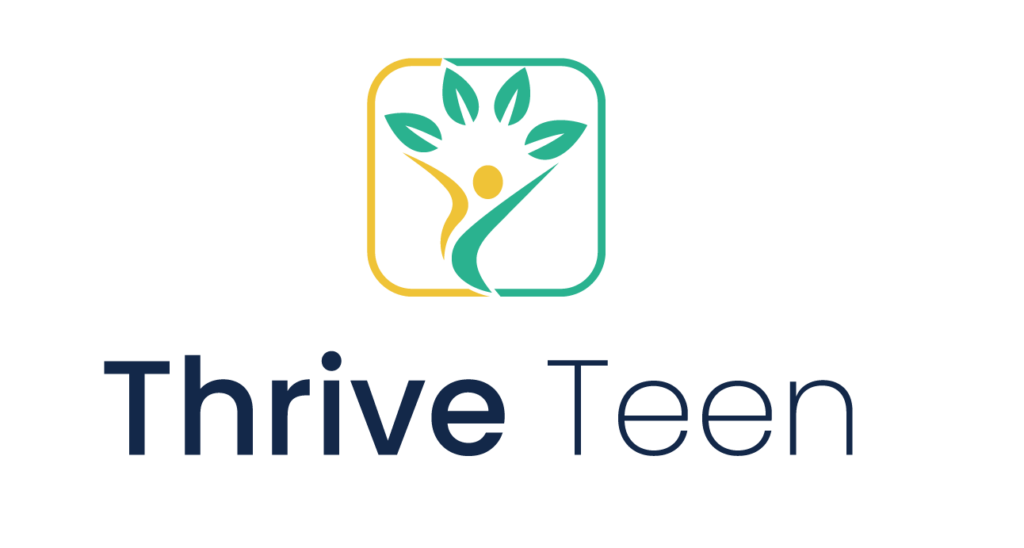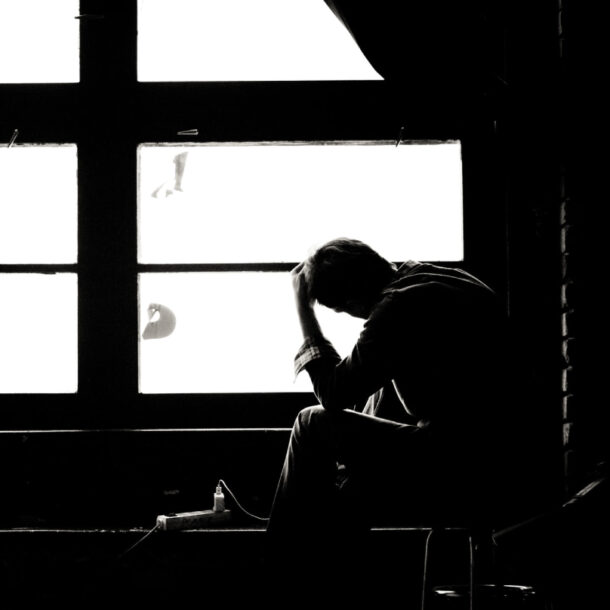What We Treat
PTSD/Trauma
Many people will experience a profound and traumatic event in their lifetime—including teenagers. According to information from the 2016 National Survey of Children’s Health (NSCH), 46% of youth in the United States aged 17 and younger have or will experience at least one traumatic event in their lifetime. While many teens are able to move past these events after a short period, there are some who may struggle with the memories and experiences associated with these events. If not addressed, these teens can develop Post-Traumatic Stress Disorder (PTSD) or a related trauma disorder.
This article will take a deeper look at the prevalence of PTSD/Trauma in teenagers, the causes of trauma, the signs that teenagers are dealing with PTSD/Trauma. Additionally, this article will give you information on trauma therapy programs and where you can find teen PTSD treatment if your son or daughter is struggling with trauma.

PTSD/Trauma in Teenagers
Simply defined, PTSD is a psychiatric disorder that occurs when a person experiences a traumatic event. These events can include serious accidents, natural disasters, terrorist acts (such as school shootings), sexual abuse, violence, or war. Those with PTSD (including teenagers) have intense and disturbing thoughts and feelings related to those traumatic experiences long after the event had ended.
According to information provided by the National Center for PTSD, approximately 15% to 43% of girls and 14% to 43% of boys go through at least one traumatic event in their lifetime. Of those young people who have had a trauma, 3% to 15% of girls and 1% to 6% of boys develop PTSD. Additionally, it is estimated that 3 to 10 million children witness family violence each year. Of those cases, around 40% to 60% involve the physical abuse of a child.
In addition to PTSD, there are similar trauma-related conditions that teens can experience, which are the following:
Acute Stress Disorder—those with this disorder will have similar reactions to traumatic events, but the timeframe those symptoms are experienced are different. Those with acute stress disorder start experiencing symptoms three days to one month after the event. Like PTSD, those with acute stress disorder will relive their trauma and have visceral flashbacks regarding the event. This disorder can be a “gateway” to developing PTSD.
Adjustment Disorder—those with an adjustment disorder will experience emotional or behavioral symptoms to a stressful life event that are more severe than what is reasonably expected for that type of event. Those with adjustment disorders can feel tense and have overwhelming feels of sadness and loneliness. Teens can develop an adjustment disorder from a single event or through a series of events.
The Signs and Symptoms of PTSD in Teens: When to Seek Teen PTSD Treatment
According to the American Psychiatric Association, the symptoms and signs of PTSD can fall into four categories. It is important to note that the signs and symptoms can be a mix of those found in adults as well as those found in younger children. It is also important to note these signs and symptoms can vary in severity. These categories are as follows:
Intrusion
This category includes the presence of repeated, involuntary memories, distressing dreams, or repeated flashbacks of the traumatic event. The flashbacks that teens experience can be vivid to the degree they feel they are re-living the traumatic experience all over again.
Avoidance
Avoidance occurs when teens steer clear of all reminders of the traumatic event. This may include avoiding the people, places, activities, objects, and situations that trigger those traumatic memories. Your son or daughter may try to avoid remembering or thinking about the traumatic event. Additionally, they may resist talking about what happened or how they feel about the traumatic event.
Changes in Cognition and Mood
This category of symptoms includes the inability to remember important aspects of the traumatic event. It also includes persistent negative thoughts and feelings leading to ongoing and distorted beliefs about oneself or others. Additional signs and symptoms in this category include the following:
- distorted thoughts about the cause or consequences of the event
- ongoing fear, horror, anger, guilt, or shame
- considerable loss of interest in the activities they previously enjoyed
- a feeling of detachment or estrangement from friends and family
- unable to feel any sort of positive emotions
Changes in Arousal
Arousal and reactive symptoms may include being irritable and having angry outbursts. Also, your teens may engage in reckless or self-destructive behavior. Your teen may also become overly watchful of their surroundings, become easily startled, or have problems concentrating or sleeping.
If your teen experiences any number of signs and symptoms from these categories, you must find professional help from a teen trauma treatment center.
Let Us Help Your Family
We Work with Most Insurance









What to Expect from Online Trauma Therapy for Teens
When you bring your son or daughter to a facility for teen PTSD treatment, the treatment center has specialized programs that fit adolescents’ unique and specific needs. The staff working in these facilities are psychiatrists, psychologists, case managers, and other treatment staff who have considerable experience in working with young people with mental health disorders such as PTSD. The programs and services they provide are evidence-based to proven to work. Most importantly, treatment staff at a teen trauma treatment facility creates individual treatment plans that are specifically tailored to meet your teen’s unique needs.
The foundation for teen PTSD treatment programs is therapy. Therapy helps your teen and your family understand the underlying causes of trauma and gives your teen the tools and healthy coping skills needed to minimize their symptoms effectively. Some common therapies used in a teen trauma treatment center include psychotherapy (also known as talk therapy) and cognitive-behavioral therapy. There are other more specialized therapies counselors can utilize, such as the following:
- Trauma-Focused Cognitive-Behavioral Therapy (TF-CBT)—this specialized form of CBT adds techniques that can help teens lower their stress and worry. Also, TF-CBT helps teens assert themselves in a positive manner and can better identify the negative thought patterns that keep them stuck.
- Trauma Systems Therapy (TST)—this form of therapy recognizes that a teen’s trauma is tied to two factors: the teen’s inability to control their emotions and behaviors, and the lack of support they receive from their family. TST helps teens identify things in their environment that perpetuate their feelings and helps develop their skills to better manage their emotions and behaviors.
Another key component of teen PTSD treatment is medication therapy. In conjunction with a comprehensive treatment plan, medications can help your teen feel better and more in control. Antidepressants and anti-anxiety medications are the most commonly prescribed. Examples of these medications include:
- Valium
- Xanax
- Prozac
- Cymbalta
- Ambien
While medications can be effective, the process of finding the right combination and dosages of medications can take a considerable time. Also, these medications are extremely powerful and can have the potential for dependence and addiction. Therefore, it is crucial these medications are carefully prescribed and monitored by experienced personnel.


Our Virtual Trauma Center for Teens is Here to Help
PTSD is a mental disorder that is devastating for your teen and your family. When looking for trauma therapy for teens in California, the facility you choose must have programs and services that are evidence-based, proven to work, and customizable to fit your teen’s special needs. Call Thrive Treatment toll-free today if you need trauma therapy for your teen.
Out outpatient rehab features a wide range of innovative programs that will help your teenager break free from the grip of PTSD and other trauma. From individual therapy, life skills training, and psychiatric services to job search and academic services, support group meetings, and dual diagnosis treatment, Thrive Treatment for Teens will give your teenager and your family the support to need to heal. Don’t wait another day. Call Thrive Treatment toll-free right now.

Treatment Services at Our Teen Center
- Individual Therapy
- Medication Management
- EMDR & Trauma Therapy
- DBT & Emotion Regulation
- Mindfulness & Meditation
- Psychiatric Services
- Psychoeducational Groups
- Life-Skills Training
- Group Therapy
- Experiential Therapies
- Relational Education & Therapy
- Self-Empowerment
- Codependency & Boundaries
- Local Mutual Support Group Meetings
- Resume Building
- Job Search Assistance
- Academic Assistance
- Device Dependency
- Anger Management
Thrive Teen offers treatment for a variety of mental health disorders








